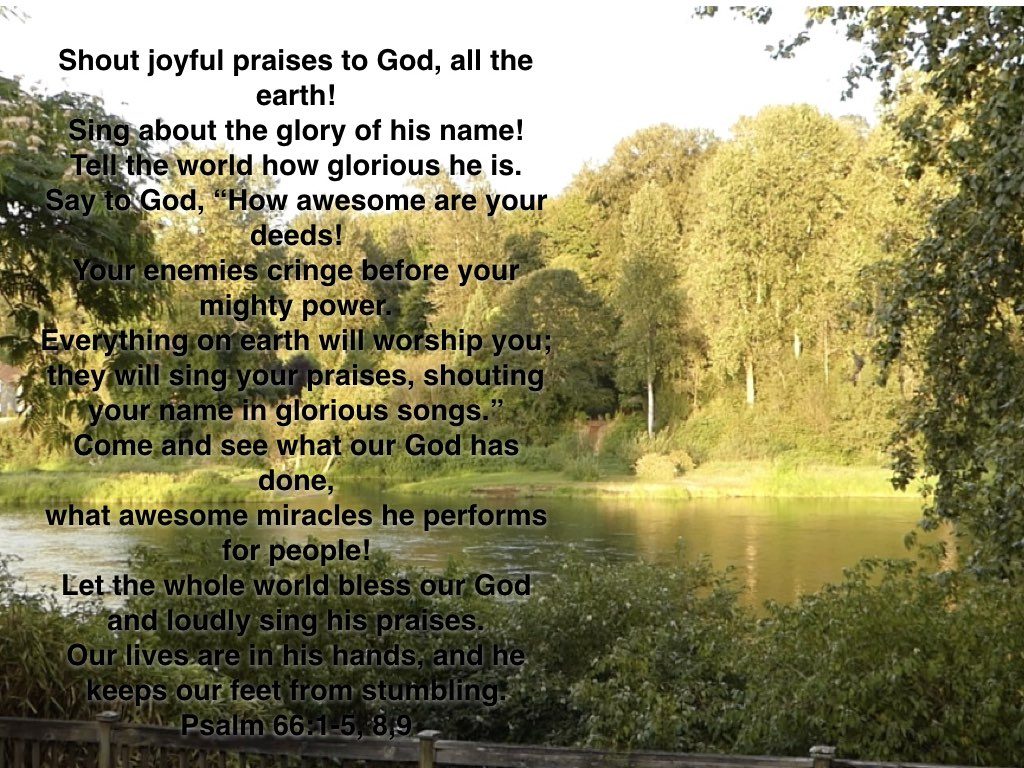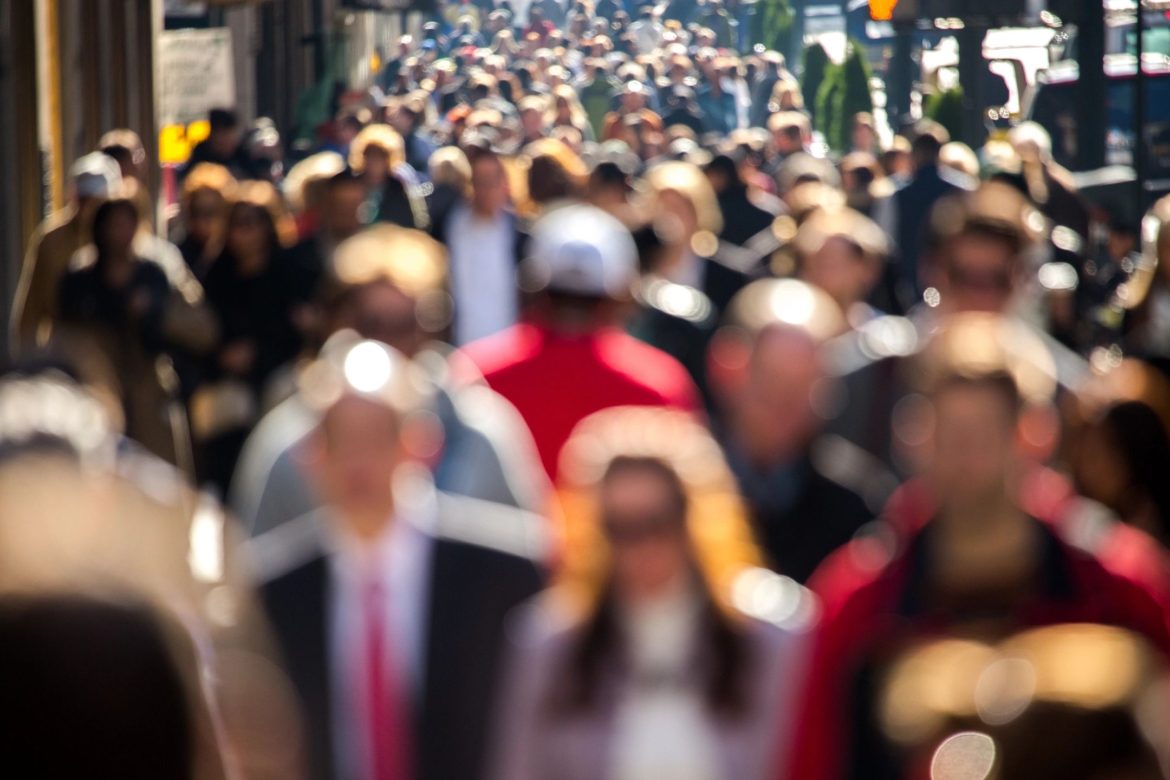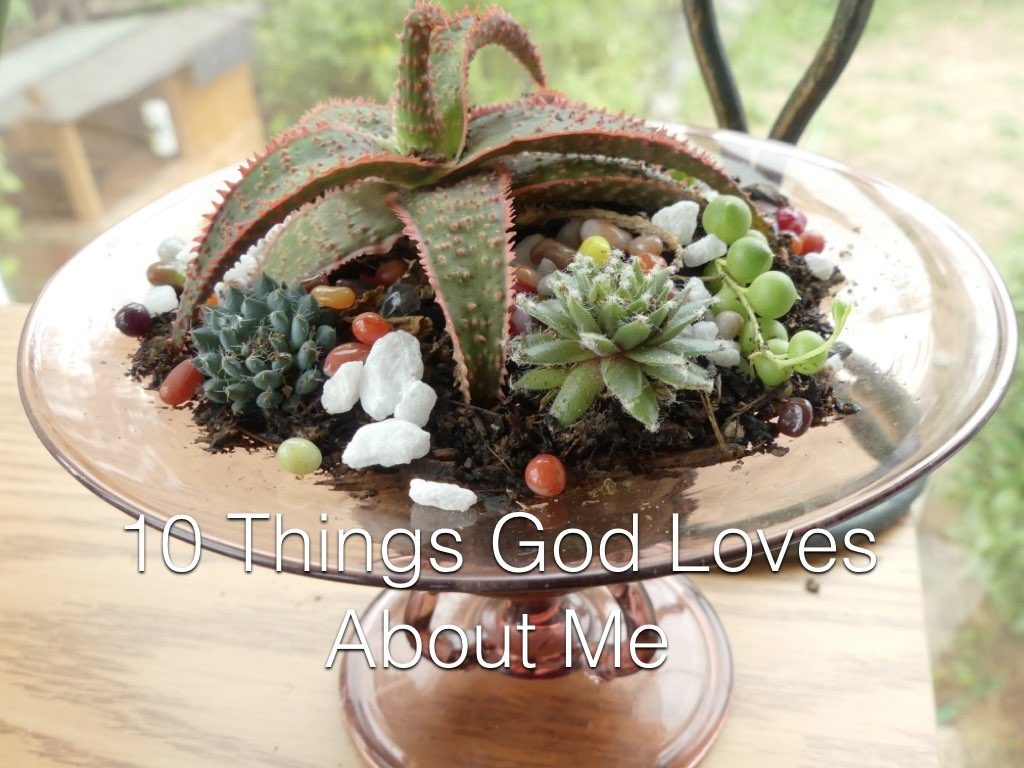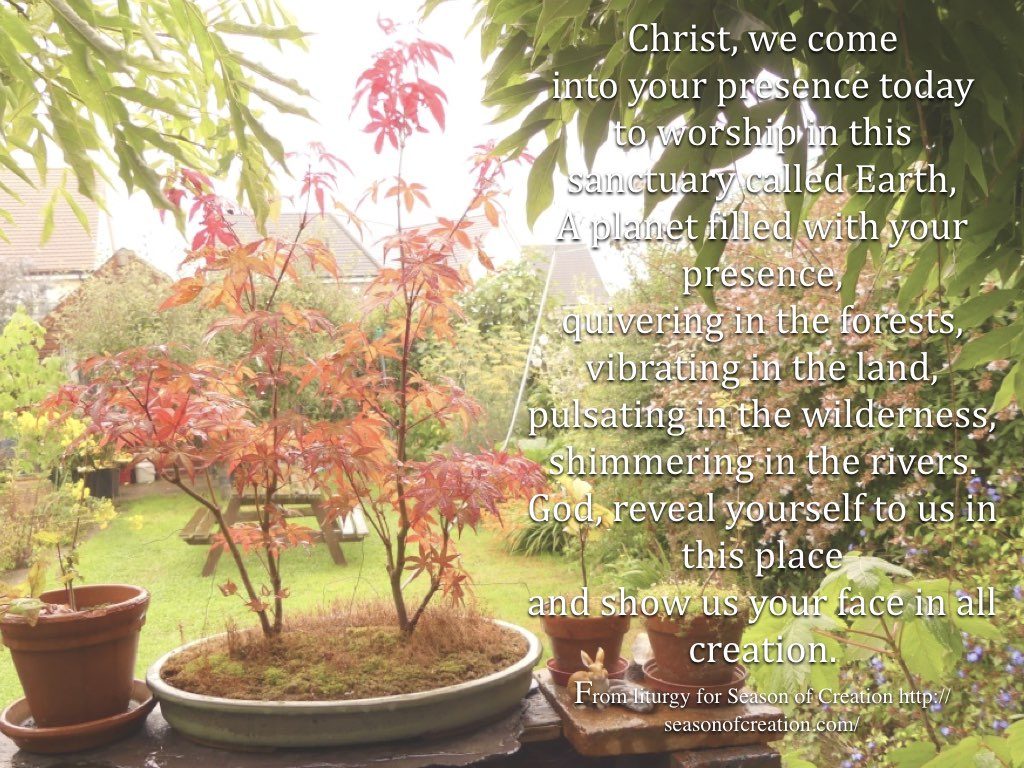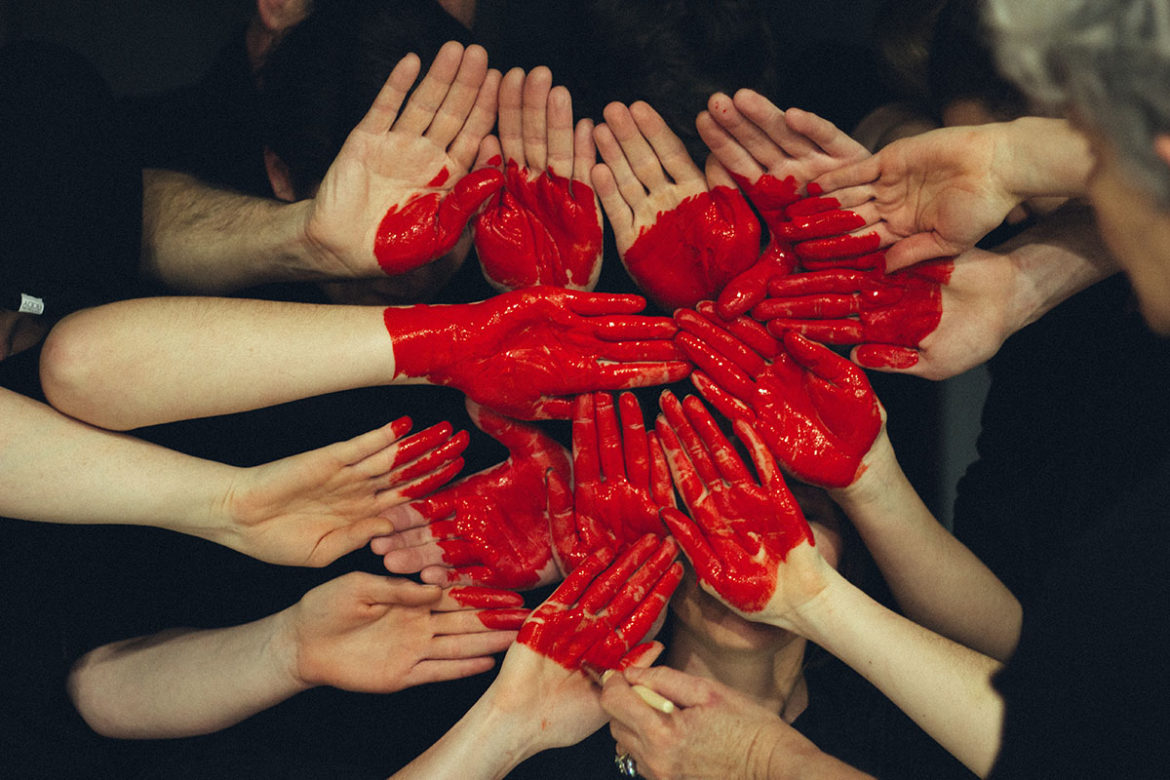by Christine Sine
Sometimes I’ve believed as many as six impossible things before breakfast.
So says Alice in Lewis Carroll’s classic Alice in Wonderland. To a child like Alice, the world is an amazing place with miracles at every turn. We watch their expressions of awe and wonder with delight. The make us smile, they make us laugh but few of us take them seriously.
I have had to rethink that attitude since reading John Pridmore’s fascinating book Playing with Icons: The Spirituality of Recalled Childhood, in which he analyses a rich variety of people’s memories of their childhoods. He believes that our decline in capacity to notice the miracles around us as we grow older is a failure of the spirit as well as of the senses. He argues that by the time we become adults we have lost our child’s eye and no longer experience everyday objects with our senses or capture them in their true light because they have now become familiar and commonplace. It takes a rare event like a solar eclipse to stir within us the spirit touching awe and wonder kids experience every day.
Pridmore points out that when Jesus drives out the traders and money-changers in the temple, healing the blind and the lame, the authorities get angry but the children cheer because they alone can see the significance of the wonderful things he is doing. Jesus reminds the authorities that “out of the mouths of infants and nursing babies you have prepared praise for yourself.(Matthew 21:14-16.)
Research indicates that experiencing these magical feelings also changes how we approach our lives. It can make us more satisfied, less self-involved, less likely to feel starved for time, more grateful and more likely to help others. Even brief experiences of awe, such as being amid beautiful tall trees, led people to feel less narcissistic and entitled and more attuned to the common humanity people share with one another.
Unfortunately the research also suggests that we are awe deprived. We spend more time at work and less outdoors. We are less inclined to attend art galleries, live music, theatre and museums. Even our children are having their arts and music programs dismantled and their unfettered outdoor time cut for more resume building activities. Not only are we suffering as a result, but our faith and our concern for others are suffering too. Some of the leading researchers looking at this subject believe that chronic awe deprivation has had a hand in a broad societal shift making us more individualistic, more self-focused, more materialistic and less connected to others. They say we need to actively seek out awe-inspiring moments in our every day lives.
What Is Your Response?
When was the last time you experienced a sense of wonder at the world around you or sat in awe at God’s greatness? Perhaps it is time to reenter the awe inspiring world of childhood where everything is a miracle. And perhaps it is time to rethink our spiritual practices to make this possible.
Watch the video below and then consider setting aside time each day this week to reflect on the miracles that the day has unveiled. Sit quietly in the presence of God and take some deep breaths in and out. Close your eyes and walk through the day reimagining everything you did.
Start with the dawning of the day and the miracle moment of the rising sun as it’s light touched the sky and illuminated your world. Think about the miracle of the flowers unfurling in your garden, and the bees and birds flitting from plant to plant. Look into the eyes of a child and remind yourself of the miracle of your own formation. As you sit in the presence of God what else comes to mind? Make a list of at least six things that suddenly are unveiled to you as miracles that you have taken for granted in the day that has passed. Offer a prayer of praise and thanksgiving to God.
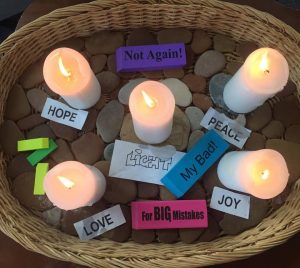 By Lilly Lewin
By Lilly Lewin
Psalm 103:8-12
The Lord is compassionate and gracious,
slow to anger, abounding in love.
The Lord will not always accuse,
nor will he harbor his anger forever;
he does not treat us as our sins deserve
or repay us according to our iniquities.
For as high as the heavens are above the earth,
so great is God’s love for those who fear him;
as far as the east is from the west,
so far has God removed our transgressions from us.
I don’t about you, but I need a clean slate. I often need a “DO OVER.” I need a fresh start on my day, or on my week, or month, or sometimes even a whole new year would be nice! We just happen to get a new year and a fresh start this week because it’s the Jewish celebration of Rosh Hashanah. So Happy New Year! What would you like to do with your clean slate?
This past week the lectionary reminded us that God doesn’t keep score when it comes to forgiving us! Peter thought he was being generous by asking Jesus if forgiving someone 7 times was good enough. (that was more than double the normal amount required in Jewish tradition of the day.) Jesus said, not seven times, but seventy times seven. And then Jesus tells a parable about a forgiving king and a servant with an impossible debt. This servant pleads for mercy and is given grace but then takes out his anger on a fellow servant who owes him money. Next, the first servant is tattled on and the King throws him into prison. It’s a messy parable about how often we receive grace and mercy but we don’t offer or give it to other people. For me it’s a lesson on forgiveness and unforgiveness. And reminds me how often I put people in prison who have hurt me and I throw away the key. Also it reminds me of how often I don’t give grace and mercy to myself. I put myself in prison and slam the door!
Sometimes I think we keep ourselves in prison and we don’t allow ourselves to be set free. We somehow believe the lie that we still need to be bondage because of things we’ve done. We believe that we are still slaves rather than heirs to the reign of God.
When will we allow the cell doors to be opened? When will we be the ones to say set the captives free? When will we allow Jesus to actually do for us what he came to do? Give us life, and life in abundance! Jesus didn’t show up to keep us in a life of captivity. Nor did he give us a life of bondage, but a life of love, acceptance and forgiveness. Jesus gives each of us a life outside the box we keep ourselves in! We need to claim our freedom!
Lord Help me to live into that freedom!
God help me to get out of the jail of unforgiveness that I put myself in.
God help me to walk out of the cell since you’ve opened the door.
Lord, open the box that I put myself in and help me to live in freedom!
Set me free Jesus and help me to set myself free!
Set me free so that I can go and set others free! AMEN
So here’s to a clean slate, an open cell door and an empty box! Here’s to a New Year where our sins are washed clean and erased! Let’s remind each other that God has a very BIG ERASER and God is not afraid to use it! God loves and longs to wipe the slate clean again for each of us!
We just need to ask and receive again.
ACTION: Find an eraser to carry with you this week to remind you that God has erased all your sins and you have a clean slate! or get a small box with a lid and keep it open on your desk this week to remind you that you are set free! the box isn’t closed! The cell is open! You are set free!
From ThinplaceNashville Journaling : Read the passage slowly three times. Allow the Holy Spirit to highlight words or phrases. How is God speaking to you thorugh this parable today? Use the questions below as journaling prompts Allow the Holy Spirit to be light and love to you today through this passage! You might choose to sketch or draw or create a collage in response to this passage rather than journaling from it. Allow the Creator to inspire your creativity!
MATTHEW 18:21-35 NIV
Then Peter came to Jesus and asked, “Lord, how many times shall I forgive my brother or sister who sins against me? Up to seven times?”
22 Jesus answered, “I tell you, not seven times, but seventy-seven times.
23 “Therefore, the kingdom of heaven is like a king who wanted to settle accounts with his servants. 24 As he began the settlement, a man who owed him ten thousand bags of gold was brought to him. 25 Since he was not able to pay, the master ordered that he and his wife and his children and all that he had be sold to repay the debt.
26 “At this the servant fell on his knees before him. ‘Be patient with me,’ he begged, ‘and I will pay back everything.’ 27 The servant’s master took pity on him, canceled the debt and let him go.
28 “But when that servant went out, he found one of his fellow servants who owed him a hundred silver coins. He grabbed him and began to choke him. ‘Pay back what you owe me!’ he demanded.
29 “His fellow servant fell to his knees and begged him, ‘Be patient with me, and I will pay it back.’
30 “But he refused. Instead, he went off and had the man thrown into prison until he could pay the debt. 31 When the other servants saw what had happened, they were outraged and went and told their master everything that had happened.
32 “Then the master called the servant in. ‘You wicked servant,’ he said, ‘I canceled all that debt of yours because you begged me to. 33 Shouldn’t you have had mercy on your fellow servant just as I had on you?’ 34 In anger his master handed him over to the jailers to be tortured, until he should pay back all he owed.
35 “This is how my heavenly Father will treat each of you unless you forgive your brother or sister from your heart.”
Questions to consider while Journaling:
- Jewish tradition was to forgive 3 times. Jesus is throwing out keeping count at all! Why do we need, or seem to want to quantify forgiveness? Why do we want to keep score when it comes to forgiveness?
- Look at the parable as a whole…not in pieces. How is the Kingdom of God like the totality of this parable?
- What makes it hard for you to believe that God is merciful and forgiving?
- When have you been forgiven when you didn’t deserve it?
- Is there anyone in your life right now that you are having trouble forgiving? What about forgiving yourself? Can you allow Jesus to forgive you? Will you allow God to help you forgive yourself 70×7?
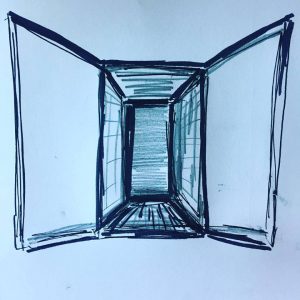
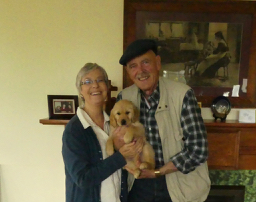
by Christine Sine
Yesterday I asked the question What does God love about me? The responses were fascinating as most people have never asked themselves this or considered that God does love them. I found Pastor Coe’s response suggesting that we usually look for God’s approval rather than God’s love particularly insightful. I responded:
Yes I think there is a difference between God’s approval which is an acknowledgement of accomplishment and God’s love. With a new puppy in our home I am thinking a lot about this too. I love her, the feel of her warm fur, the way she snuggles into me when I pick her up, her silly antics but it certainly has nothing to do with approval – she still bites, and pees on the floor and gets into things she shouldn’t. My love for her has nothing to do with her bad behaviour at times.
I think God’s love is like that. It has nothing to do with our bad behaviour, with the times we get things wrong or deliberately disobey. There are innate characteristics God has given each of us that are God delights in because that is who and what God has created us to be. Just as I love my puppy because she is who and what God has created her to be – a puppy with all the sweetness that God has infused into her tiny golden retriever body, God loves each of us – because we are lovingly shaped with hands and feet and beautiful smiles. Some of us are fast, some slow. Some of us are tall some short. Some of us love spread sheets, some of us hate them. but we are all lovingly and uniquely shaped and enlivened with the breath of God.
I think that this is some of what Eric Liddel expresses in the 1980s film Chariots of Fire. He is an Olympic runner in the 1920s, whose fundamentalist Christian family is dismayed at his desire to run. At one point he says: God made me fast and when I run I sense God’s pleasure.
Maybe instead of asking What does God love about me, it would be easier to reflect on God made me ….. and when I …. I sense God’s pleasure. What is it about you as a unique creation of God that makes you sense God’s pleasure? Is it your athletic prowess, your love of gardening, your delight in mathematics, your artistic talent? Is it your patience with illness or your acceptance of infirmity? The list is endless.
Take a few minutes to reflect on this today and delight in the pleasure God takes in you.
As many of you know I am in the process of writing a book that revolves around the questions What does God enjoy? and What does God enjoy about me? The writing of this book is a fascinating personal journey that has had me spending many hours contemplating and journalling about my questions.
Yesterday as a contemplative exercise I used my question What does God like about me? as a journal prompt. To be honest this is not something that I find easy to answer. Like many of us, I tend to focus on what I think God dislikes about me and what needs to change, but writing Ten Things God Loves About Me, on my journal page forced me to stop and think. God rescued me because he delights in me Psalm 18:19 tells us and of course we have all blithely sung Jesus loves me this I know for the Bible tells me so. Yet when it comes to naming what Jesus or God love about us we hit a blank wall. God’s love for us and delight in us precedes his salvation of us. With that thought in mind, it was easier to start my list of what I believe God enjoys about me.
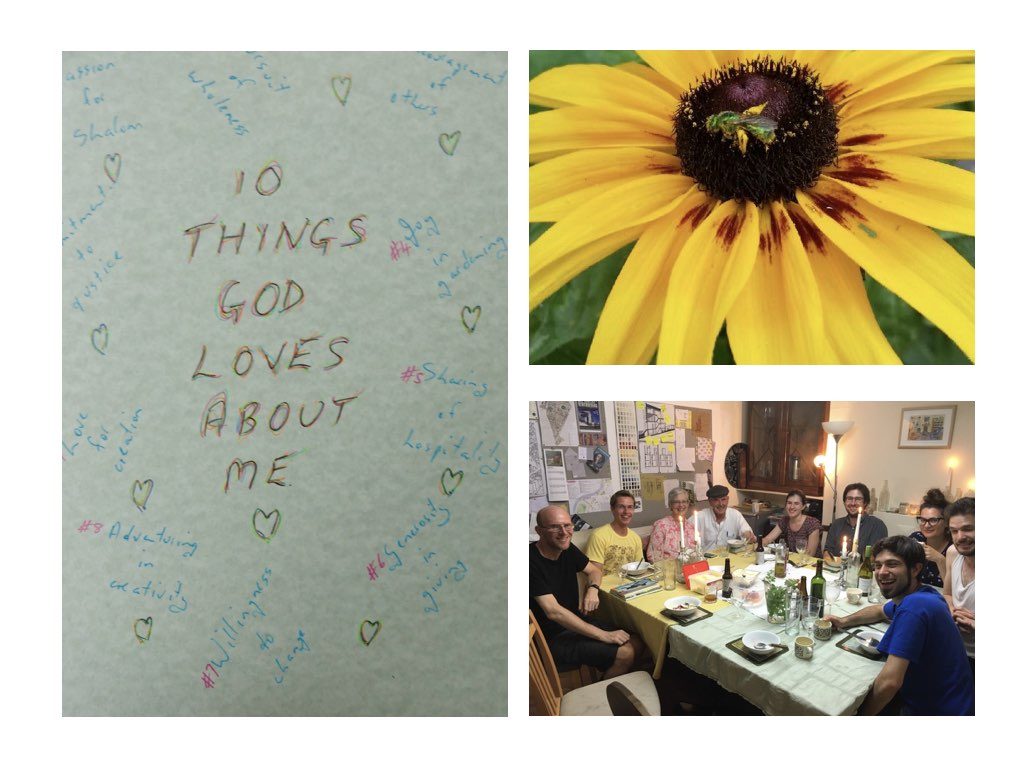
Here is my list: Passion for shalom, pursuit of wholeness, encouragement of others, joy in gardening, love of creation, commitment to justice, sharing of hospitality, willingness to change, generosity in giving, adventures in creativity, and by the time I had finished I felt I could have written another 10.
Your list will probably look very different from mine, but I would encourage you to take time today to prayerfully ask what God likes about you and use your creativity to record the results. I think you will be surprised.
And please share what you come up with so that others can be inspired too.
It’s Australia’s turn to have the Marriage Equality debate. Rather than allowing a conscience-vote in Parliament, this week the Australian Government has launched a non-binding plebiscite on the definition of marriage, which has lead society and media at large into a free-for-all bun fight. While this is largely a bid for human rights: Changes to the law will allow LGBTIQ+ people to visit their partner in hospital as a legally recognised family member, nominate their partner to be their superannuation beneficiary, leave their partner items in their will without contest from family, etc. it is largely playing out as a perceived attack on religious freedoms. There’s strong opinions on both side of the debate and many ways the debate gets expressed as hate, but here are some of the ways it can playfully be expressed as humour and an invitation to love, particularly from those who don’t think being gay and loved by God are mutually exclusive terms.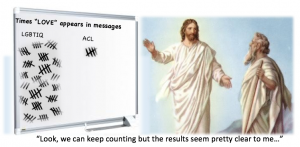
The “it was Adam and Eve, not Adam and Steve” shtick has been represented in plugs and seatbelts that won’t join or work properly, denying the God-given dignity to all those who are made in God’s image and the companionship we are called to find with one another. When we are reduced to our nuclear and procreative limits you render all sorts of family-models invisible including those who adopt and foster, those raised by grandparents and aunties and uncles, those who parents divorced – especially where those homes were unstable, those who have problems conceiving… the mechanics don’t matter as much as the desire to give and receive love. If we can dream it, we can live it.
There is much laying claim to biblical texts in support of the case for “the biblical definition marriage”. This rather conveniently skims over things like polygamy and marrying your brother’s wife if he should happen to pass away… lifting text without any socio-political contextualisation, such as 1 Corinthians 7:2 which says: “each man should have his own wife and each woman her own husband” but the first half of that sentence reads “…because of the temptation to sexual immorality,” What matters more, the gender of the parties or the commitment they are called to hold to one another? I don’t have a problem with the call to a higher love, but are we denying that call to others? Many churches would re-marry someone who had been widowed or divorced, they don’t bar the door if you’ve had sex before you are married… if the Church wants to take a strong and clear position on sexual dignity and reverence that’s great – why don’t we speak out as vociferously on paedophiles, porn or sex trafficking? First the log… personally and institutionally who among us is without sin? And while the Church is bringing the wrath, LGBTIQ+ signs and banners at rallies have read: Love is divine, love is for everyone, love is love, love is a terrible thing to hate, no stopping love, marriage is between love and love… wait, whose side are they on again?
Different pages are popping up such as Christians for Marriage Equality that has lovely storytelling, sharing peoples reasons for supporting equality and the Rainbow Revolt page that encourages people to put a rainbow in their own window, property, shop, neighbourhood and take a photo and share it to encourage those feeling defeated by the public discourse as an act of solidarity and support such as this one of lions out the front of the house #gaypride, geddit? …because they’re lions.
How intriguing that rainbows, that have long been seen as symbolic of a promise by God that dark times will end and they will not come again, have become the rallying flag of this movement. This colourful, happy signal isn’t only expressed to be for humans but also a reminder for God who said: “When I bring clouds over the earth, and the bow appears in the clouds, I will remember my covenant between me and you and every living creature—every mortal being… (Gen 9:12-16) Imagine for just a moment that every rainbow borne was someone asking: “What about me?” Linked to the dove and the olive branch the rainbow is a symbol for peace. In the original 8-striped design by Gilbert Baker for the Gay Freedom Day Parade in San Francisco 1978, each strip of colour was assigned meaning: red for life, orange for healing, yellow for sunlight, green for nature, blues for magic/art and serenity, purple for the spirit, and hot pink for sex {suggestive eyebrow wriggle}.
There might be more hope for the world we share in common than we realise if we can focus more on the ways we are alike than those we are different and let hate become love.
For God so loved the world he gave his only begotten son… Like many of us John 3:16 was the first verse that I memorized. In my early days as a Christian it spoke to me of God’s love for me as an individual and gave me an assurance of personal salvation. As my faith grew and expanded however I realized that this interpretation was limited. I started pairing it with 1 John 3:16 Jesus Christ laid down his life for us. And we ought to lay down our lives for our brothers and sisters. Salvation isn’t just about me it is about God’s concern for all the people of our world, I reasoned.
As I read the passage today however, it was the first words For God so loved the world that really caught my attention. Not God so loved me or you or even humankind, but God so loved the world – this beautifully crafted masterpiece created lovingly by God’s own hands for which we were created as caretakers and stewards. And I started to think – maybe we have salvation all wrong. I don’t think that salvation is about individual soul rescue at all. It is more about God’s desire to redeem all creation and bring it back to the wholeness, abundance and harmony of the original creation – the restoration of shalom. Maybe part of our sinfulness is that we no longer take our role as creation stewards seriously – instead of tending and nurturing we consume and destroy.
Maybe God’s plan for our salvation as human beings isn’t so that a few more souls can get out of hell (though that is obviously a great thing). Maybe God saves us so that we can once more become the responsible caretakers and stewards that God intended us to be.
As I watch the devastation caused by Hurricanes Irma and Harvey over the last few weeks and ponder the affects of climate change and our complicity in it I wonder how long it will be before we really take our need for salvation seriously. How long will it be before we recognize the groaning of creation around us as a symptom of our need for transformation into responsible citizens and stewards?
September is, in some churches, known as The Season of Creation. I love these beautiful liturgies and other resources that have been created to help focus our worship and bring us to a recognition of our responsibility.
What is Your Response?
For God so loved the world…. Sit and think about these words. How does the knowledge that God loves this world impact your life and your faith? During this season of creation are there ways that God might ask you to respond.
By Lilly Lewin
Today I woke up before I was ready. It was one of those days where I felt behind before I even started. My “To Do” list wasn’t finished from yesterday and the list for today wasn’t overwhelming but it wasn’t short either. Then I read this quote from my friend Larry Warner who is a Spiritual Director and Retreat leader in California.
“There is nothing you will do, think or say today that can separate you from the love of God. God’s love for you knows no bounds and cannot be defeated by you. God is love and as such is predisposed to love you—in the stuff, messiness of your life and your own broke-ness (the dash is a reminder that God’s love and grace comes gushing into your broke-ness). Today let us live as those loved by God, a loved poured within us, a transforming-empowering love that enables us to love and serve others with courage, boldness and creativity. Let us live as those deeply and unconditionally loved by God—freely sharing that love with those we come in contact with as God leads and empowers us to do so. Let us be the love that we are, that God is—fleshing out Jesus in the daily living of our life.”
I needed to be reminded that I am greatly loved by God! Jesus really does love me despite myself and despite my to do list and despite the things I have left undone.
I am thankful for this!
When I actually remember and believe that I am loved by God, then I am able to live love out to other people.
So let’s live out love today.
Let’s start small and live love right where we are!
- Be kind to the person who answers the phone when you are trying to fix something, like your insurance or your credit report.
- Look around you. Notice your co-workers. Pray for people you see around you who look lonely to find friendship. Smile at them.
- There are many restaurants that have community tables where people sit when they are by themselves or don’t have reservations. Make a point of sitting there and taking the time to say hello to someone next to you and actually take time to listen to them. Pray for the courage to do this!
- Take time to really listen to your spouse, your roommate, your kids.
- Give someone a hug today.
- Smile at the person who checks you out at the grocery store, thank the person who bags your groceries. Actually acknowledge these people by name if they have on a name tag.
- Open the door for someone, smile again.
- Call someone you’ve been meaning to call. Don’t text them, actually call them and have a real conversation.
- Send a letter or a card to someone far away that you’ve missed and encourage them and thank them for their friendship.
- Buy someone a cup of coffee. Pay for the next person in line at Starbucks, or your local coffee place.
- Buy some balloons at the dollar store, the helium kind, and give them away, just for fun.
Let’s pray as we get out of bed tomorrow, to be love and be light even when we’d rather pull the covers over our head and not get up.
Let’s start now to BE LOVE and shine LIGHT.
Hold out your hands and imagine Jesus filling your hands with love. Receive that love for you today!
Let God surprise you with LOVE today.
Ask God to show you how much you are loved so that you can share that love with others.
Let’s start together!
“Never worry about numbers. Help one person at a time, and always start with the person nearest you!” Mother Teresa
As an Amazon Associate, I receive a small amount for purchases made through appropriate links.
Thank you for supporting Godspace in this way.
When referencing or quoting Godspace Light, please be sure to include the Author (Christine Sine unless otherwise noted), the Title of the article or resource, the Source link where appropriate, and ©Godspacelight.com. Thank you!

